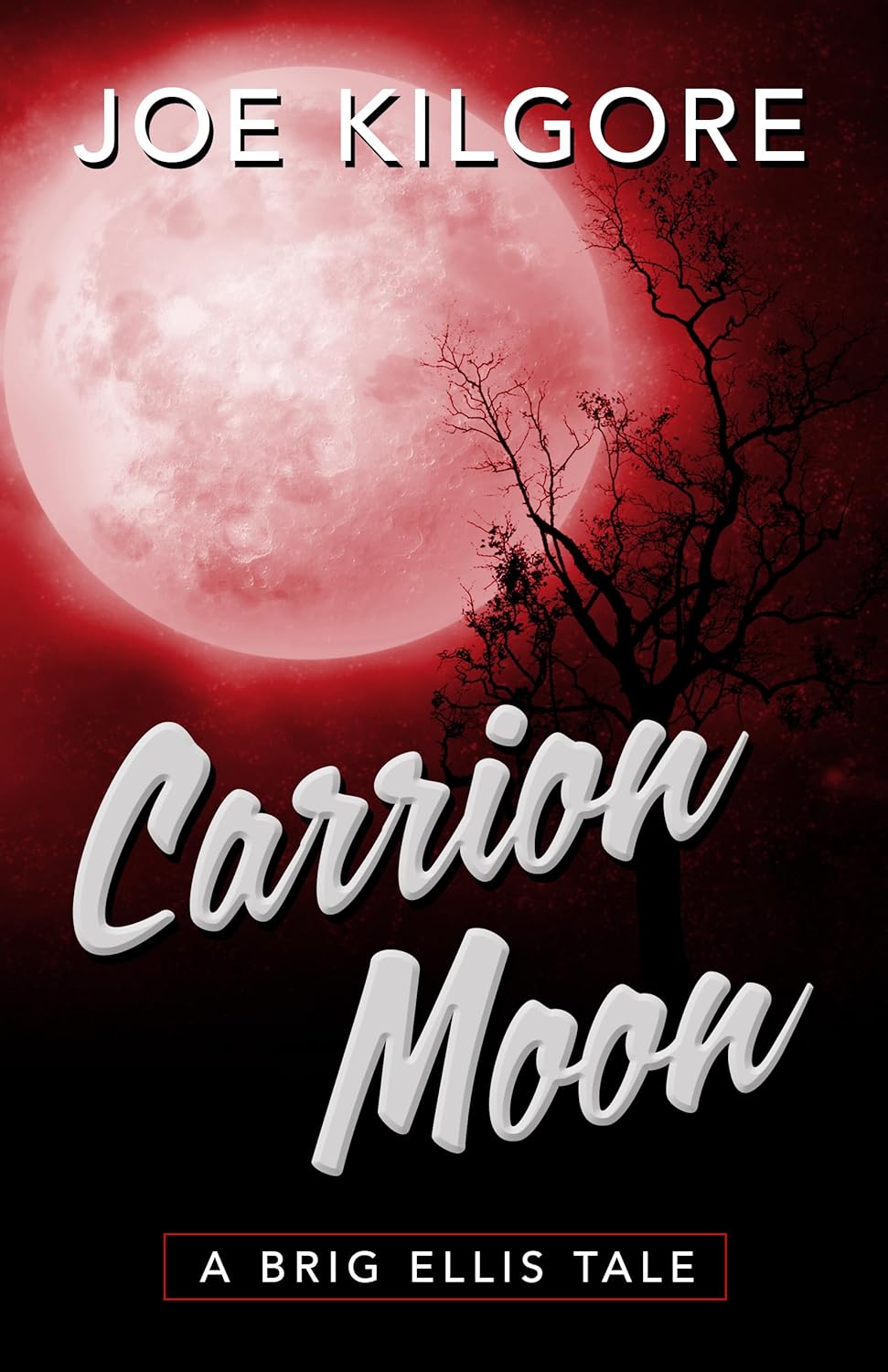Lowry’s Mexican Masterpiece
Monday, October 19th, 2009Sooner or later, if you have anything to say about literature and/or novels, you have to say something about Under The Volcano, Malcolm Lowry’s magnum opus to alcohol. I tend to fall decidedly on the side of pretty damn fabulous. It doesn’t really matter that it took Lowry over eleven years to write it and get it published. It doesn’t matter that there were multiple versions of the novel over those years finally culminating in publication in 1947. Coincidentally, or perhaps profoundly, the year of the Fiction Fortune Hunter’s birth. What matters is that it exists and continues to intrigue and inspire writers and readers to this day.
On a visit to Mexico by Lowry and his first wife in 1936, an incident occurs. While riding on a bus through remote areas, the bus comes upon a man on the side of the road. He is apparently dying. Even as they were advised by the driver not to get involved, they witness another man stealing the dying man’s money. This was to be the
event that took root in Lowry’s mind and found full flower eleven years later as Under The Volcano.
On the surface, the novel is simply twenty-four hours in the life of Geoffrey Firmin, a British Consul living in Mexico who has resigned his position to devote himself full time to drinking. While a plot does ensue, involving his divorced wife who returns to Mexico to try to rekindle their relationship, and a visit by Firmin’s brother who’s at odds with himself about not being in Spain and fighting for the Loyalists, the real struggle for the life and death and sole of Geoffrey Firmin goes on inside his own mind and voluminous bottles of liquor. There are those who would have you believe that the entire novel is simply one of Firmin’s alcohol-soaked hallucinations and that his wife, his brother and everything that goes on are simply figments of his imagination. Still others insist that though the story is rife with hallucinatory episodes, what happens actually happens. It is perhaps one of the hallmarks of great literature that it can still spark such debate some sixty plus years after its debut.
Malcolm Lowry knew of what he wrote. He was certainly no stranger to strong drink. In the mid thirties he entered Bellevue Hospital in New York after an alcohol induced breakdown. He was also a world traveller, serving as a deck hand, he voyaged to the Far East and also made visits to America and Germany. English by birth, after stints to Hollywood to try a bit of screenwriting, Mexico to engage in other pursuits, and British Columbia where Volcano was actually finished, he eventually returned to England and died at the age of 48 due to what the coroner recorded as “death by misadventure.” Alcohol and sleeping pills being intricately involved.
While he managed to produce a few other books during his lifetime, none came close to the majesty of Under The Volcano. Many consider it one of the foremost novels of the 20th century. And yes, I would have to be counted among those. The legendary director, John Huston, made a film of Under The Volcano in 1984. Not surprisingly, it spurred similar polarity of opinion as to its worth. Some proclaiming it one of Huston’s best and certainly a tour-de-force performance by Albert Finney as Geoffrey Firmin. Still others deemed it unwatchable.
With a vocabulary the size of the Volcano and the country that Lowry lovingly evokes, he certainly created something unforgettable. Do yourself a favor and set aside some time to walk where Lowry walked (perhaps without the Mescal). The journey will stay with you forever.
